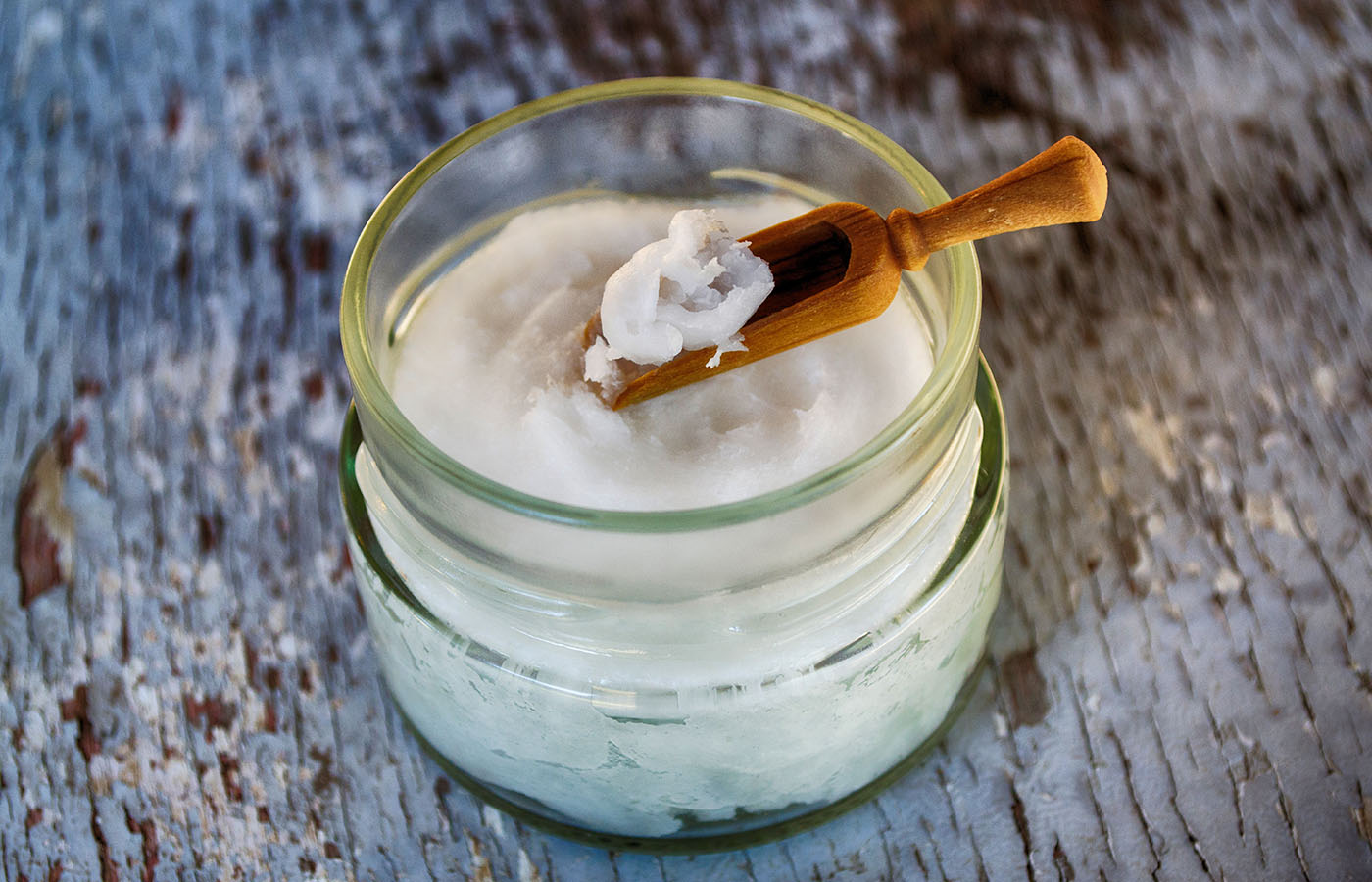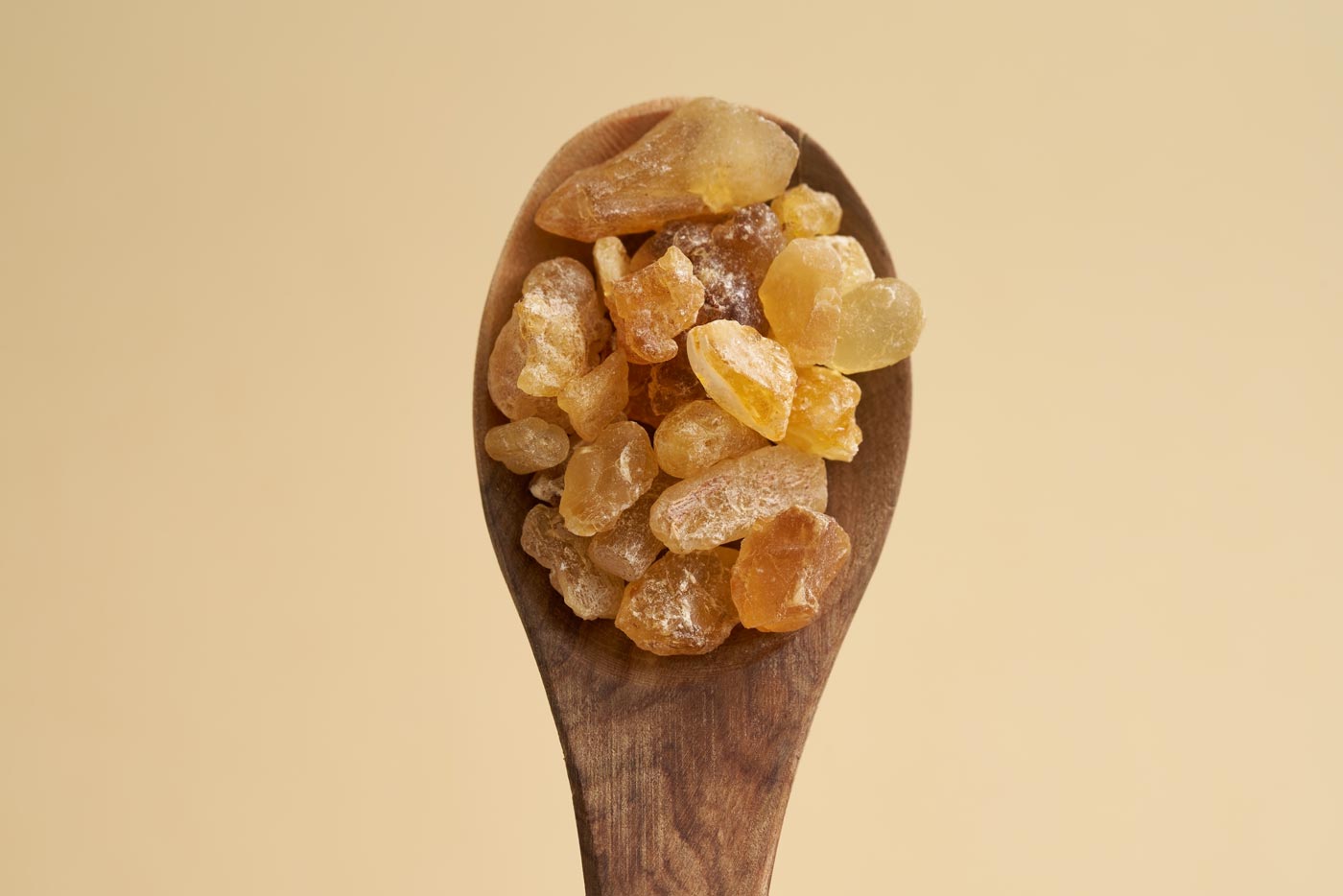Do you love how our deodorants, lip balms, and soaps make your skin feel silky smooth? Ever wonder what’s responsible for this? When our founder, Jeff Shardell, first experimented in his San Francisco kitchen making aluminum free deodorant, coconut oil was one of the ingredients he landed upon. Coconut oil contains something called MCTs, and therein lies the magic.
Let’s dive deeper into the benefits of MCTs, like coconut oil, in body care products. Where do they come from? What do they do? And why are we so selective when it comes to our ingredients and their sourcing?

What is MCT?
MCT is short for medium-chain triglycerides. It’s a mouthful but is simply a type of fat with a medium-length chain of carbon atoms. Medium-chain triglycerides include caproic acid (C6), caprylic acid (C8), capric acid (C10), and lauric acid (C12). There are also short- and long-chain triglycerides, which are the more common forms of fatty acids in our diet. MCT oil is made through a process called fractionation, which separates the MCT from the original oil, like coconut and palm oils, which may contain LCTs, as well, and concentrates it. Both coconut oil and palm oil are especially high in MCTs.

How MCTs benefit the skin
Perhaps you’ve heard of MCTs in food and the benefits this type of fat has on the body when ingested. Coconut oil, for example, has gained popularity as a quick metabolizing energy source that is less likely to be stored as fat. But what are the benefits of MCTs to your skin? Specifically, capric acid and caprylic acid, derived from coconut oil, palm oil, or a combination of both, are used in our products. We love them for their skin compatibility, moisturizing properties, and antioxidant benefits. Who doesn’t love a deodorant or lip balm that glides on smooth? Or bar soap that delivers a luxurious experience and the softest skin.
MCT benefits to the skin include:
- Antioxidant properties from capric and caprylic acids
- A silky smooth texture
- Compatibility with even the most sensitive skin
- Unlikely to cause irritation

Sourcing & Sustainability Concerns
Wait, did you say palm oil? Isn’t that stuff bad for the orangutans? You may be aware of the deforestation concerns around this crop and the detrimental impact of certain farming practices. The good news is that this isn’t the full story. Many regions around the world are farming palm oil sustainably. This is where palm oil for our MCT comes from.
While not talked about nearly as much, coconut oil has its own set of concerns around sourcing. The demand for coconut oil has risen dramatically in the last decade. Yet, in countries like the Philippines, farmers live in poverty. Low wages and unfair prices paid to the farmers by large corporations are persistent problems.

Our Promise
We prioritize sustainable and ethical sourcing of all our ingredients because it’s our responsibility as a business, and it’s the right thing to do. Supplier transparency and traceability are non-negotiable. We choose suppliers that operate under verified certification standards, such as Ecocert Verified, Palm Done Right, and RSPO.
When choosing body care products, you have countless companies to choose from. Knowing a product’s ingredients were sourced with care is key to shopping consciously and thoughtfully. Your buying decisions can make a difference and have the power to shape the future of body care and the industry’s impact on humans, animals, and ecosystems around the world.





